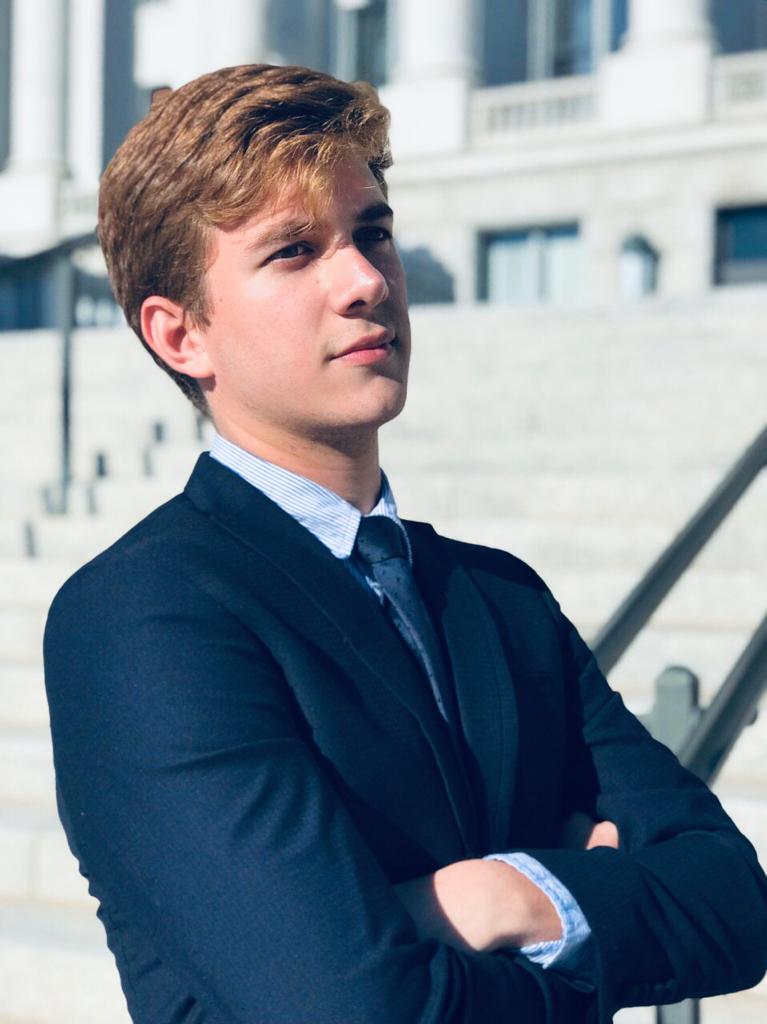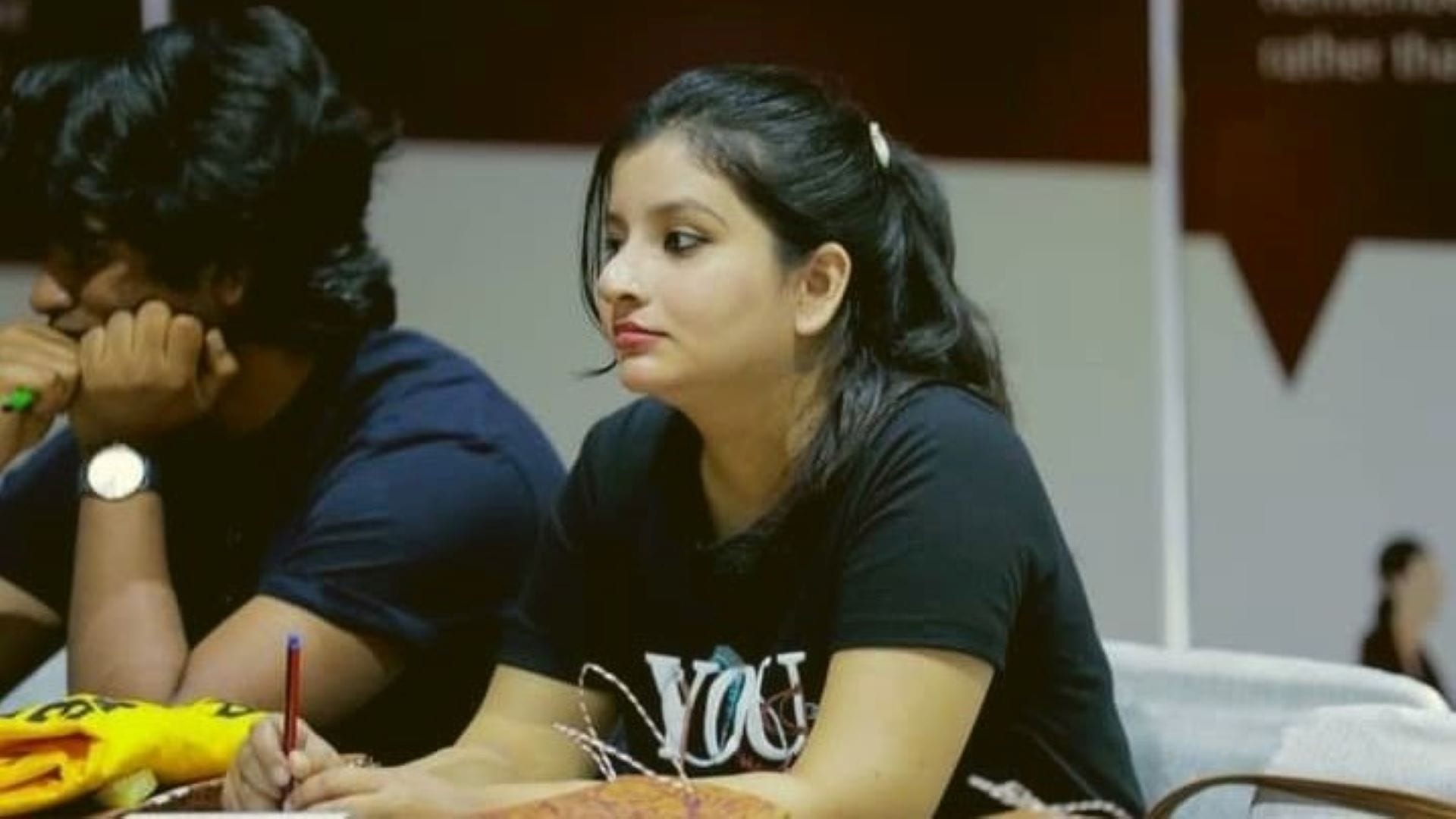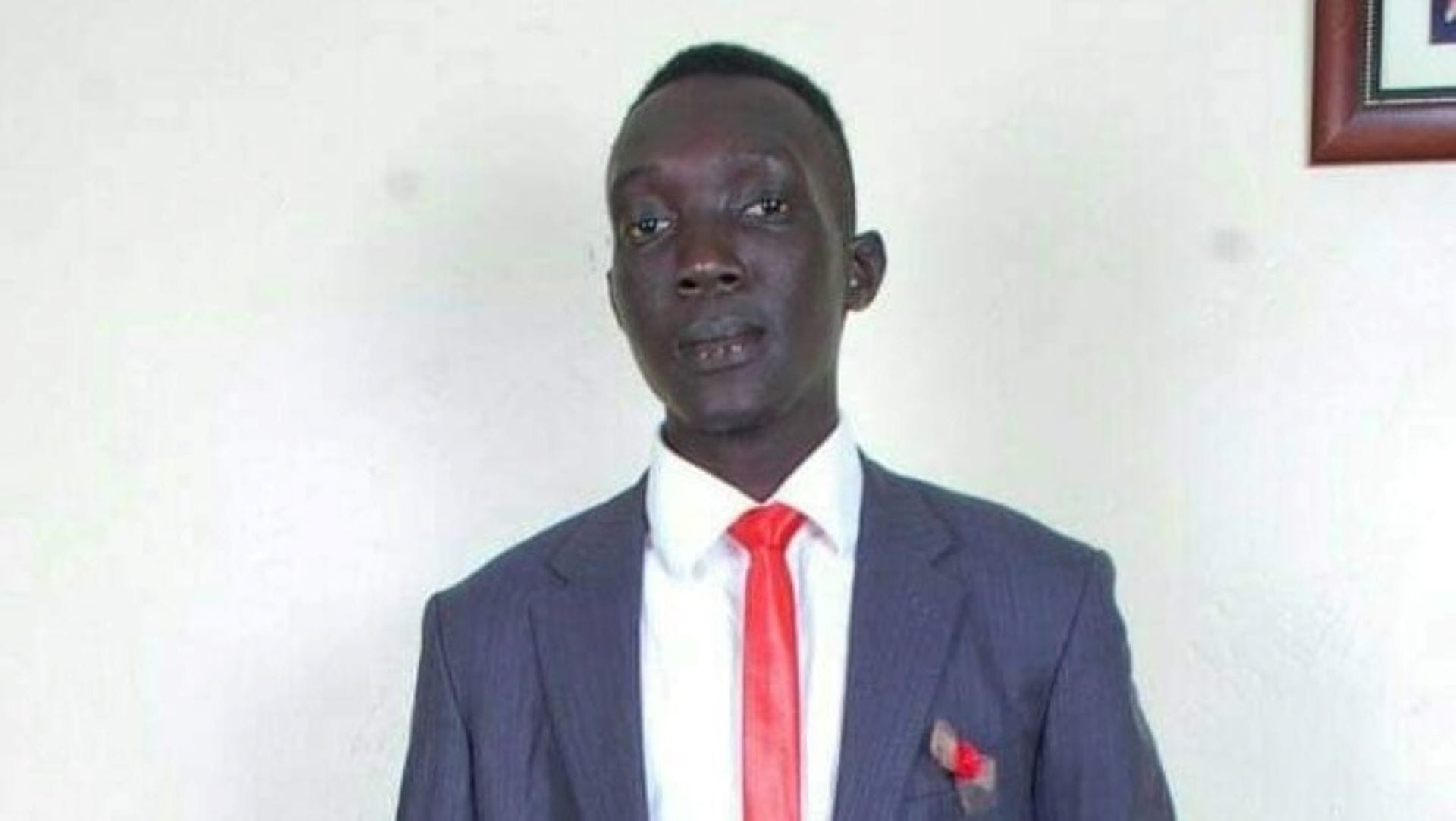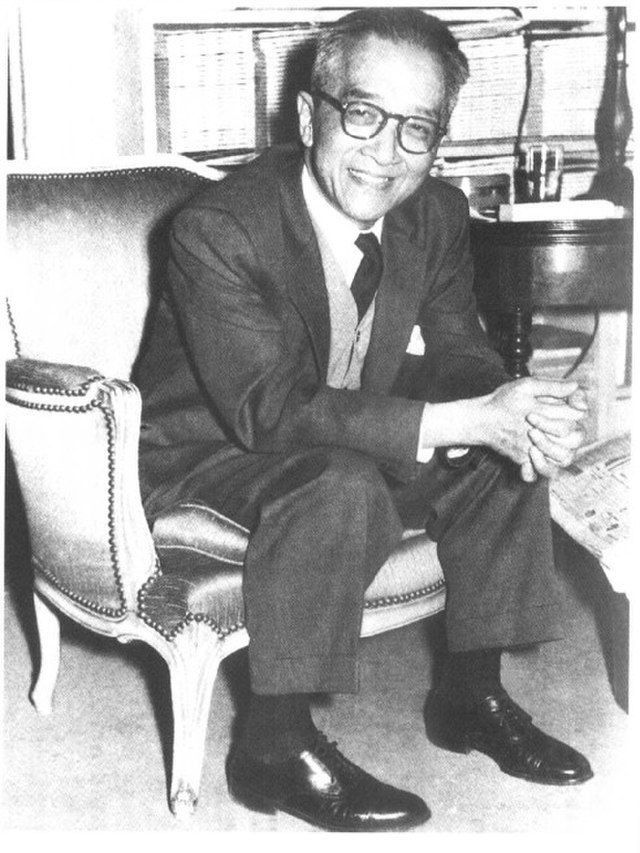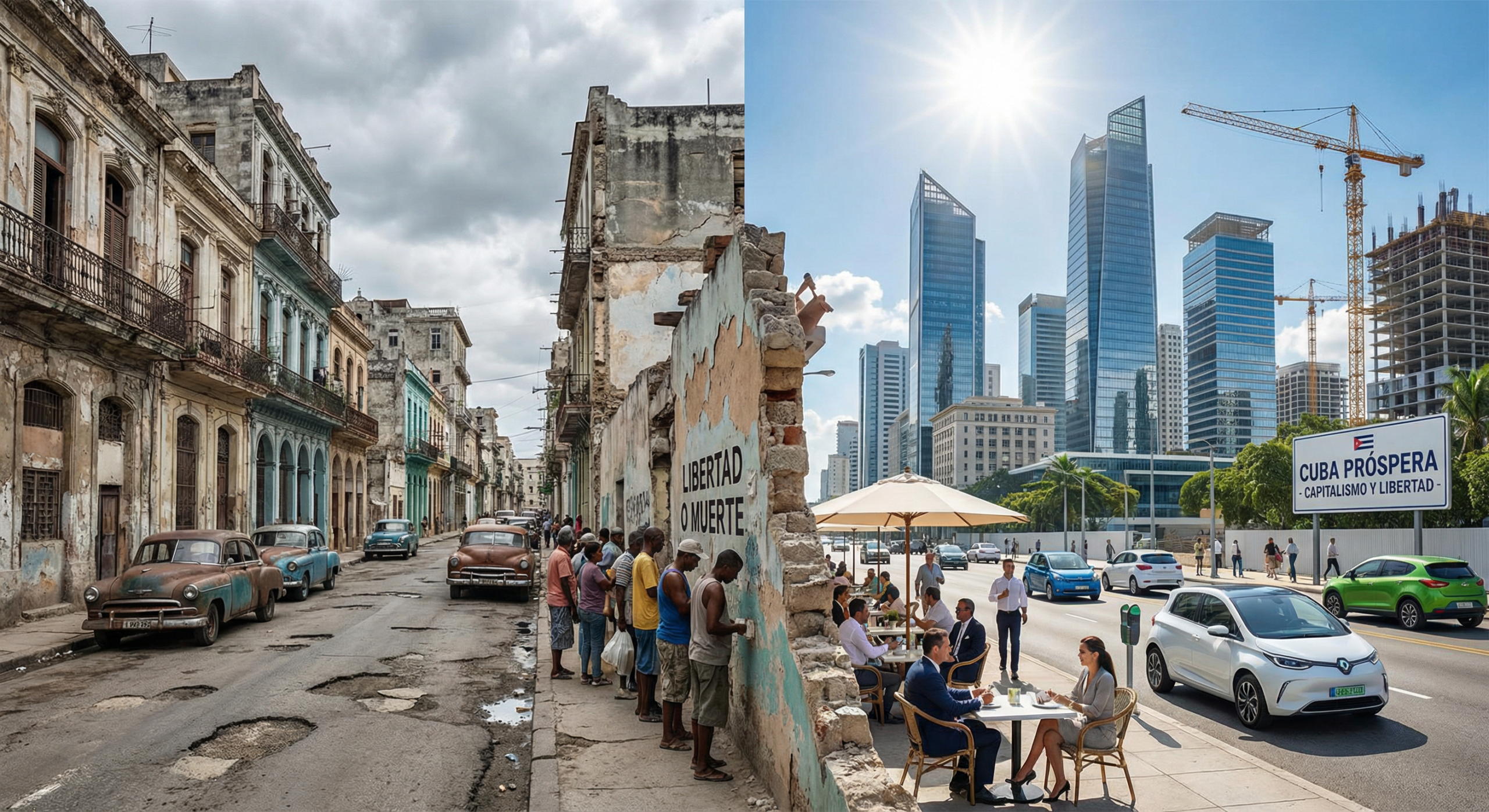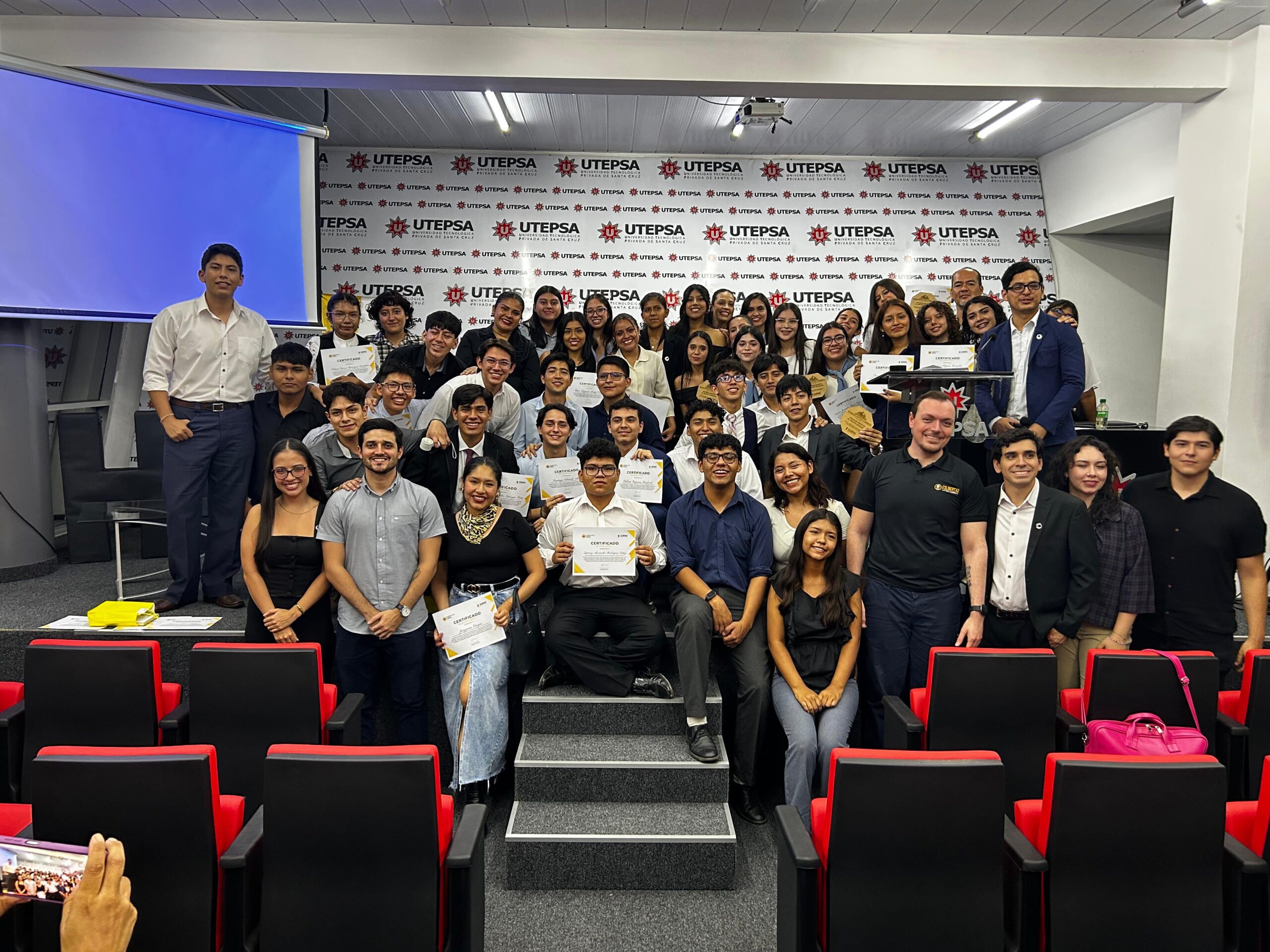1. What made you decide to join Students For Liberty?
The first time I heard about SFL was in 2015 from one of my friends. I met him at one of the public discussions organized by a prominent Indonesian-based libertarian think tank, Freedom Institute in Jakarta. I’ve been passionate about the ideas of liberty, and until now there weren’t any pro-liberty student organizations in Indonesia.
I’m very impressed with SFL’s large networks around the world, and I’ve read many successful stories in many parts of the world like North America, Brazil, and Europe. That’s why I decided to join SFL, because I want to help build a freer future in Indonesia for the younger generations.
2. What was your biggest accomplishment as a student leader with Students For Liberty?
One of my biggest accomplishments was helping to organize our two largest international SFL conferences in Jakarta, in 2016 and 2017. It was the first SFL international conference in the Asia-Pacific region, and we successfully attracted more than 100 participants in 2016, and more than 200 participants in 2017 from various countries, and invited many prominent international libertarian figures.
3. What are some of the best tools and resources Students For Liberty gave you?
One of the best tools and resources that SFL gave me was a huge network from all over the globe. I can be friends with many libertarians from all over the globe, especially the youth, and learn from them as well as exchanging stories and experiences on promoting the ideas of liberty in their particular countries.
I also learned how to promote libertarian values more effectively to the young generation, and hopefully, I can help to build a freer Indonesia in the future!
4. What would you tell someone who’s considering getting involved?
I think one of the best things that someone must have to get involved with Students For Liberty is that they must have great passion in order to promote pro-liberty values.
They have to believe that pro-liberty ideas such as free trade, economic freedom, and individual rights have achieved great things and will help us change the world to become a better place.
And they don’t have to be afraid if they think that they don’t have the abilities or talent to do so, because there are many resources that will help them promote pro-liberty ideas to build a better future.
5. What made you interested in the ideas of liberty?
The first time I was introduced to the concept of libertarianism was when I was in high school. I attended a public discussion on civil liberties and free markets, organized by several libertarian organizations in Jakarta, to fulfil my curiosity on what libertarianism is all about. Since then, learning and promoting the ideas of liberty has been my great passion.
Growing up in Indonesia, the idea of libertarianism and a free society, like in any other third world countries, is always being misunderstood as the idea of imperialists, a threat to national identity, and an enemy to religion.
In Indonesia, libertarian values such as tolerance and individualism have been attacked by the whole political spectrum; from ultranationalists, left-wing politicians and activists, to religious fundamentalists, and this has grown very fast since the last decade.
That’s why I believe it is very important to introduce and promote the ideas of liberty to the Indonesian public, especially the young generation, because the future of Indonesia is in their hands.
6. What does liberty mean TO YOU?
For me, liberty is the natural desire of every single individual on earth. Everyone, regardless their skin color, gender, sexual orientation, religion, nationality, or any other background and identity, deserves to enjoy the liberty to make decisions for themselves, to be free from aggression, and to enjoy the freedom to control their own lives.
No one, whoever they are, wants to live under slavery and persecution, whether it comes from their own relatives, society, or the government. And that’s what we should always fight for, whether it’s for ourselves or for any other human being on the planet.
To learn more about Asia-Pacific’s Local Coordinator Program, click on the button below.
